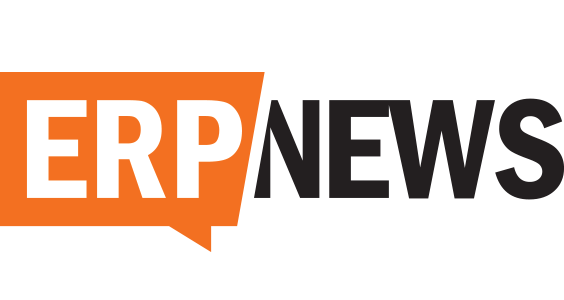
Considering benefits such as increased efficiency, ease of access, faster implementation cycles, simpler administration and management and overall cost reduction, 22 per cent organisations worldwide have moved their ERP to the cloud
As the business world is expanding and increasingly becoming global, more and more organisations are realising the benefits of moving their ERP to the cloud. Considering benefits such as increased efficiency, ease of access, faster implementation cycles, simpler administration and management and overall cost reduction, 22 per cent organisations worldwide have moved their ERP to the cloud.
ERPs first came into existence in the early 1960s, as a tool to assist the top management in efficient decision making. However, over the years, ERPs have evolved and transformed significantly. They can now drive huge business improvements by aligning with business processes, protecting business data, enabling work plans, providing customer service tools and translating data into easy-to-understand information.
However, the next significant question is – how ERPs can help organisations to maximise value creation and to be more proactive?
ERPs have grown with time and so have their potential to integrate new age technologies with them and offer more to businesses. Apart from the usual ERP benefits, businesses can now leverage technology to not only get more out of their ERP investment, but also drive business success.

Here are the five technology trends that have the potential to shape the future of ERPs, if implemented efficiently:
Machine learning
When your ERP is on the cloud, it integrates with other applications in real-time to deliver a steady stream of data to machine learning algorithms. This enables the ERP to self-learn and respond to business requirements more efficiently. Leveraging this, business decision makers can seamlessly access and analyse enterprise data and take informed decisions.
Internet of Things
IoT has the potential to significantly improve data collation and accuracy, thus enhancing the contribution of an ERP in areas including customer service, forecasting, inventory and asset management and business intelligence. IoT-enabled devices can communicate directly with the ERP system, thereby ensuring greater level of connectivity and data accessibility. This not only helps businesses to monitor operations anywhere in the world, but also perform real-time analysis and generate valuable insights and recommendations.
RFID
In supply chain-based business, there is a critical demand for product data collection. However, data collection is an extremely tedious, time consuming, inefficient and error-prone process. Integration of RFID with the ERP system can be the solution to this. Using an RFID-based ERP system, product data can be tracked across the supply chain life cycle. This provides full visibility into inventory management and shows exactly how much inventory to order and when. This reduces the amount of stock on-hand and eliminates the need for scanning through hand-held devices. Thus resulting in immediate and significant improvements in inventory management.
AI/ chatbots
An AI enabled ERP system enables companies to gain quicker and better insights into processes, customers and workflows. Companies can build chatbots to enable users to interact with the ERP using commands. Chatbots can take commands and based on learning capabilities assist you to target specific areas and deliver better insights. For example, identifying purchasing patterns in specific locations or the exact problem point in a process that is breaking down.
Social collaboration
As the business world is progressively becoming global with employees being scattered across the world, it is imperative to create common virtual platforms for people to share ideas in a secure environment. Companies are looking for ERP solutions with collaboration features for creating virtual boardrooms for management discussions, analysis and quick decision making. Through this feature, information can be exchanged between people, existing applications and company departments. With more robust connections, companies can get relevant and timely communications to facilitate efficient teamwork and knowledge sharing to drive business success.
In conclusion, ERP when integrated with new-age technologies offers new opportunities to extend and augment business. New sources of data and increased volumes from existing sources have the potential to deliver greater insights to decision makers at every level of an organisation.




















